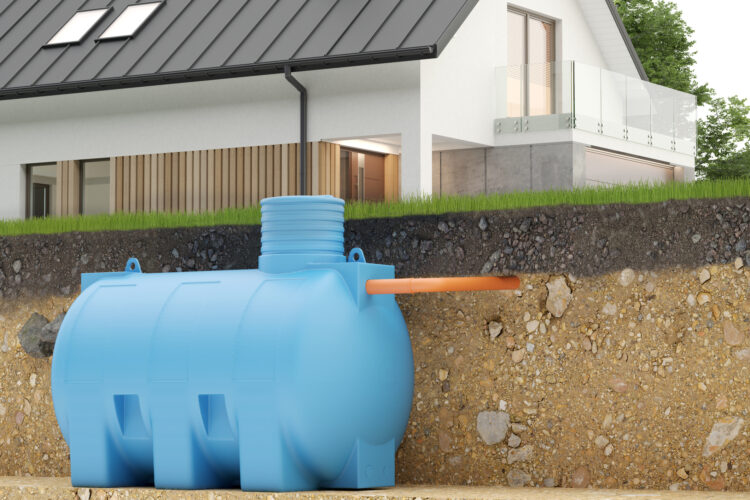
Septic systems may seem mysterious to many homeowners, but they are crucial in managing household waste efficiently. Unfortunately, misconceptions about these systems abound, leading to confusion and sometimes costly mistakes. This article will debunk the top 14 septic systems myths, shedding light on the truth behind each misconception.
Septic Systems Require Additives to Function Properly
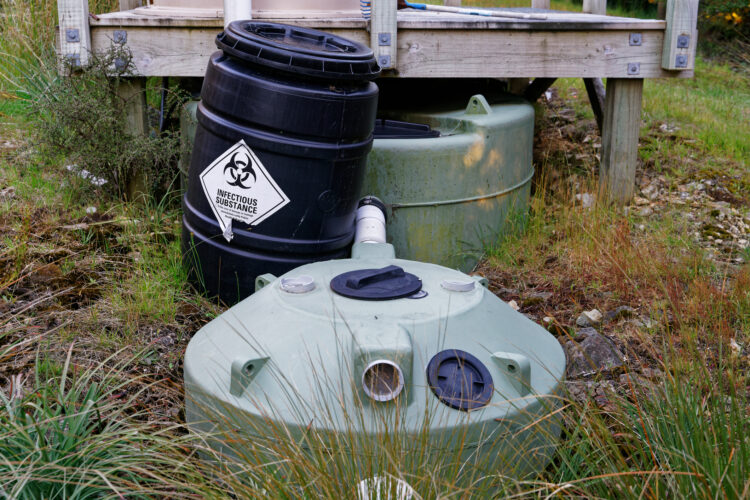
Contrary to popular belief, septic systems do not need additives like chemicals to work efficiently. These additives can tamper with the natural balance of bacteria within the system, potentially causing harm. Septic tanks contain naturally occurring bacteria that break down waste for effective functioning.
Tanks Last Forever
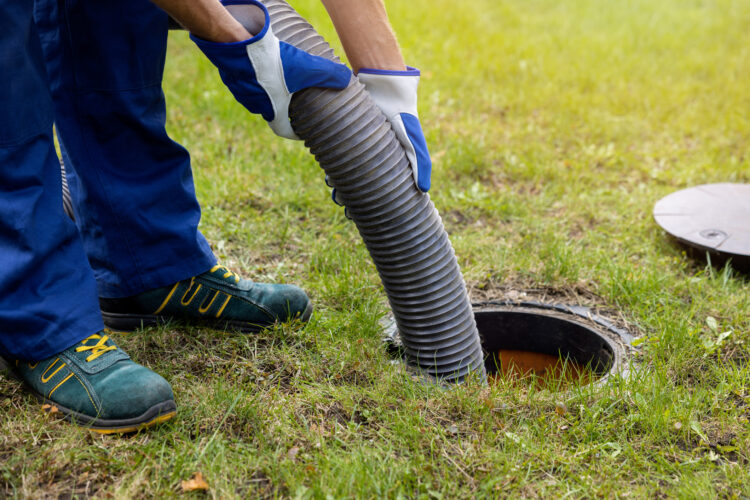
While septic tanks are durable, they are not indestructible. Over time, materials like concrete or metal can deteriorate, leading to leaks or structural failure. Regular check is needed to ensure the longevity of a septic tank. A well-built tank can last for decades with proper care but will eventually require repair or replacement.
Flushing Small Items Down the Toilet Is Harmless
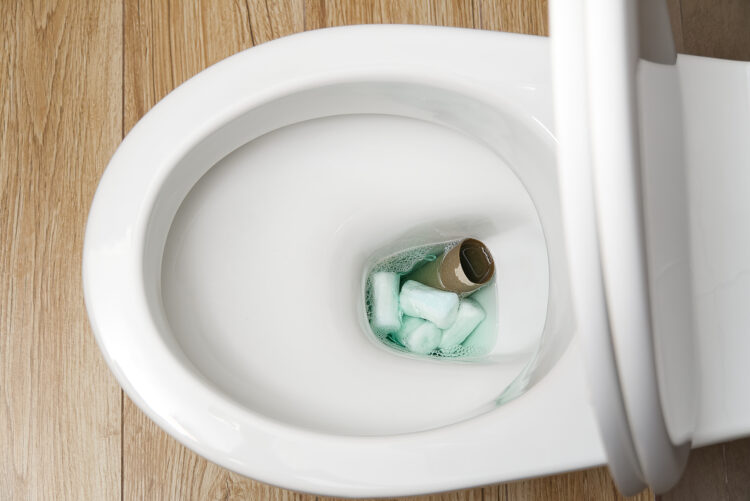
Many people believe that flushing non-biodegradable items down the toilet will not harm the septic system. However, these items can accumulate in the tank or clog the pipes, leading to backups and costly repairs. To prevent clogging, only human waste and toilet paper should be flushed.
Septic Systems Are a Thing of the Past
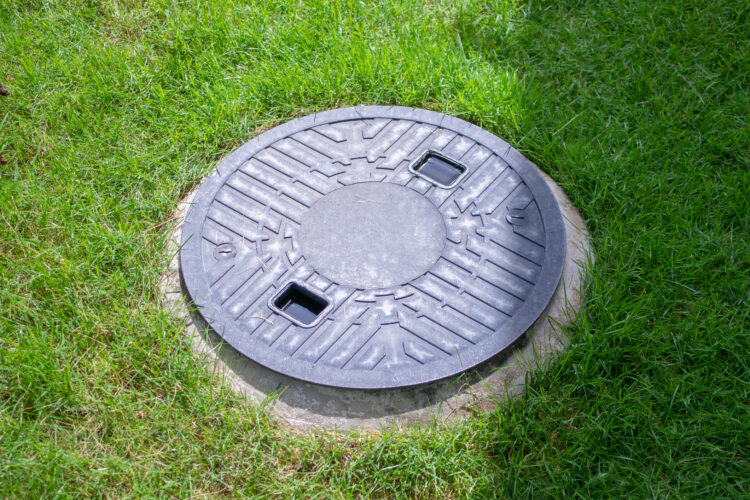
Septic systems remain a viable wastewater treatment option for millions of households, especially in rural and suburban areas without access to municipal sewer systems. Septic systems can provide efficient and environmentally friendly waste management with proper care for decades.
Septic Systems Are Maintenance-Free
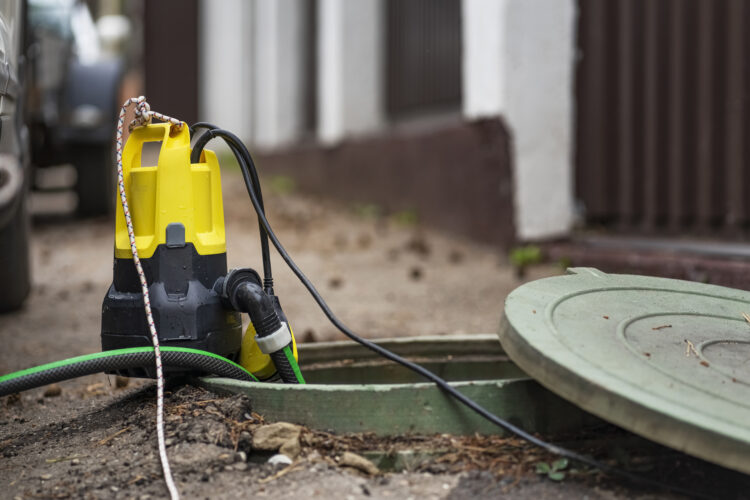
One common misconception is that once a septic system is installed, it requires little to no maintenance. In reality, periodic maintenance is essential to ensure the system operates properly and to prevent costly repairs. This includes inspecting the tank, monitoring water usage, and scheduling routine pumping. Neglecting maintenance can cause system failures and environmental contamination.
Septic Systems Always Smell Bad
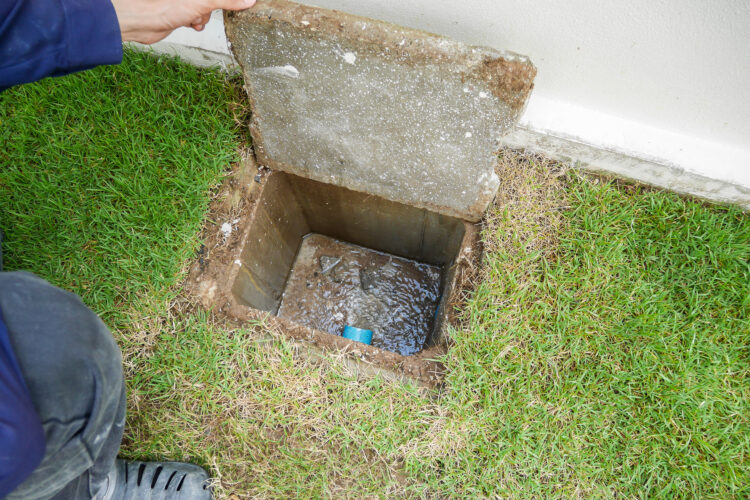
Septic systems may emit odors due to leaks or need pumping, but a well-maintained one shouldn’t have offensive or persistent smell. Foul odors indicate problems like clogs or leaks and require immediate attention.
Septic Systems Are Only for Rural Areas
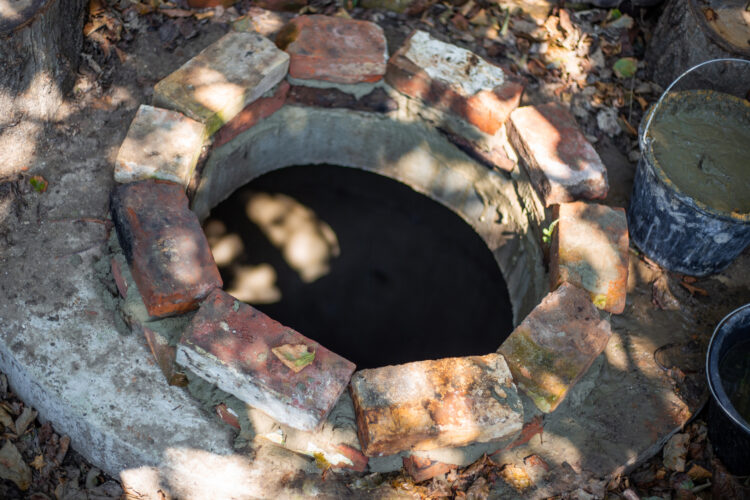
While septic systems are commonly associated with rural areas, they’re also in suburban and urban settings. Many suburban neighborhoods use them for wastewater management. Whether a property has a septic system or connects to a sewer line depends on local regulations, property size, and proximity to municipal infrastructure.
Septic Tanks Can Be Installed Anywhere on the Property
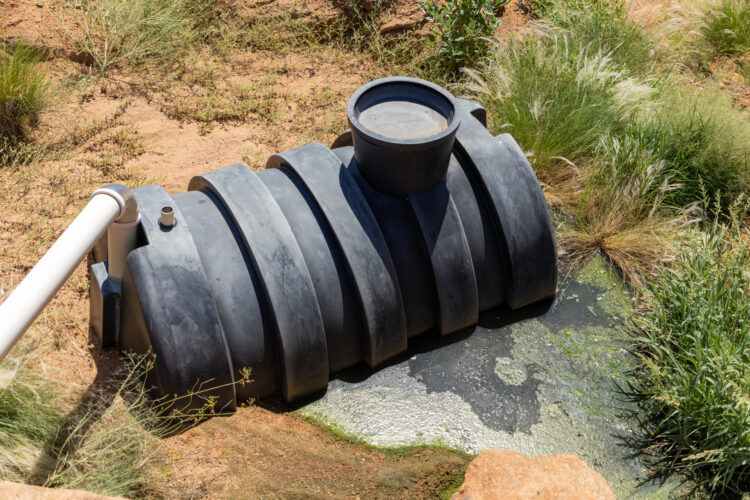
Installing a septic tank anywhere on the property might seem convenient, but proper siting is crucial for functionality and longevity. Factors like soil type, groundwater level, and proximity to water sources need consideration to ensure adequate drainage and prevent contamination.
Septic Tanks Are Always Buried Deep Underground
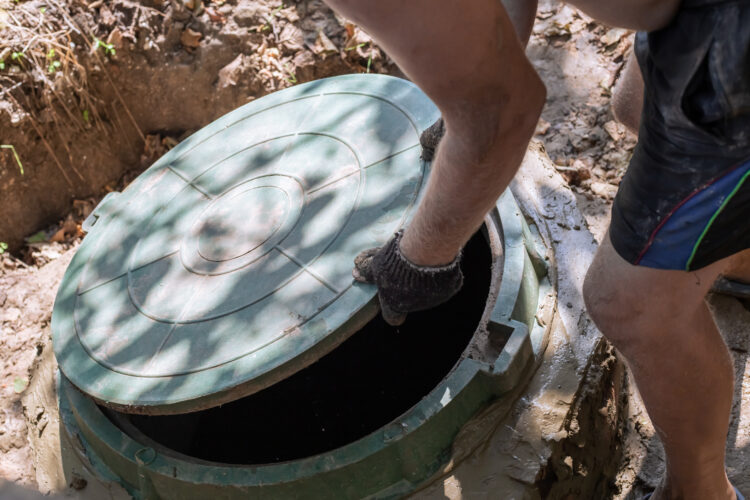
Typically buried to protect them from temperature fluctuations and physical damage, only a few septic tanks are deep underground. The depth of the tank depends on different factors, including local regulations, soil conditions, and groundwater levels. In some cases, septic tanks may be installed closer to the surface to facilitate easier maintenance and access for repairs.
Using Chemical Drain Cleaners Is Safe for Septic Systems
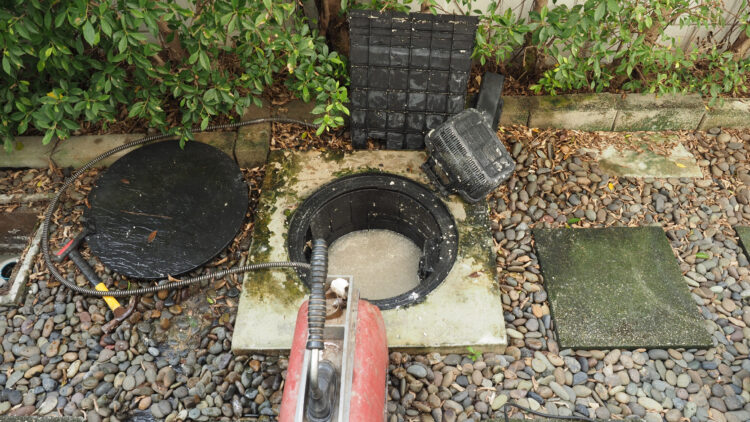
Most individuals rely on chemical drain cleaners to clear clogs in their plumbing, assuming these products are safe for septic systems. However, these harsh chemicals can harm the beneficial bacteria or disrupt the system’s balance. Opting for mechanical methods like plunging or drain snakes is safer for clearing clogs without compromising the system’s health.
Disposal of Garbage Is Safe for Septic Systems
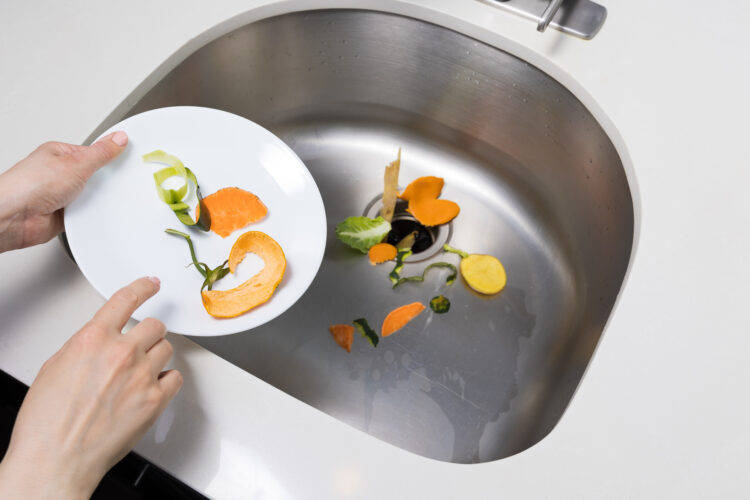
Some homeowners think garbage disposal is harmless and convenient. However, it can overwhelm septic tanks with food scraps and grease, leading to clogs and reduced efficiency. Minimizing its use and properly disposing of food waste in the trash helps maintain a healthy septic system.
Septic Systems Are Immune to Freezing In Cold Climates
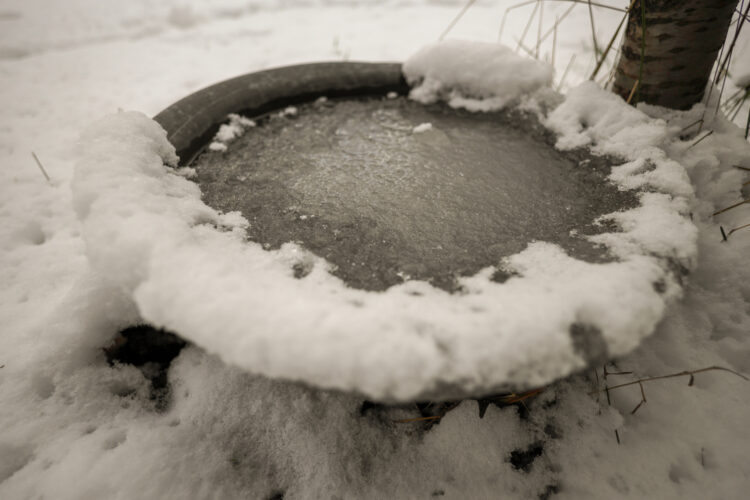
Septic systems are susceptible to freezing in cold climates, especially if the tank is not adequately insulated or water usage is low. Insulating exposed pipes and limiting water usage during freezing temperatures can help prevent issues.
Septic Tanks Should Be Pumped Yearly
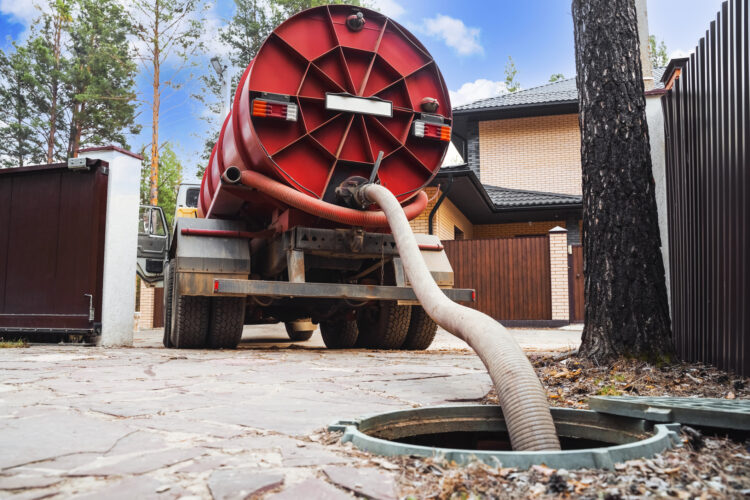
Routine pumping is essential for maintaining the system’s health, but the frequency should based on factors such as household size, water usage, and tank size. Consulting with a professional to know the appropriate pumping schedule based on individual circumstances is the right way to go.
Septic Systems Don’t Need Inspections
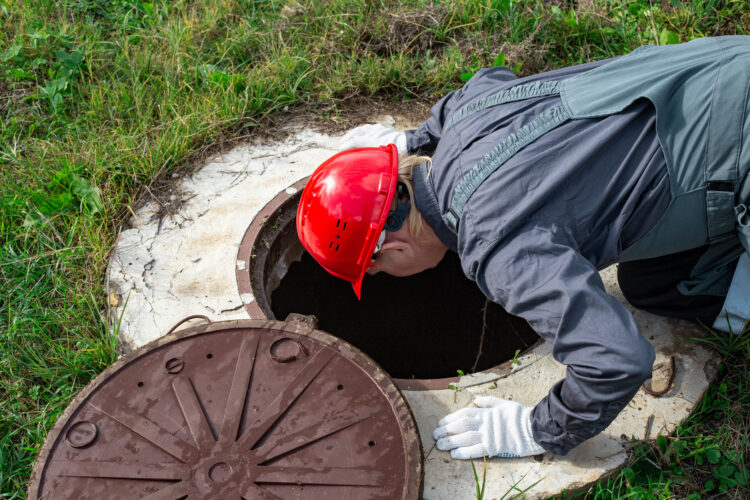
As a durable household system, septic systems may not require inspections as frequently as other household systems, such as HVAC systems or plumbing; periodic inspections are still essential for detecting potential issues early and preventing costly repairs.
